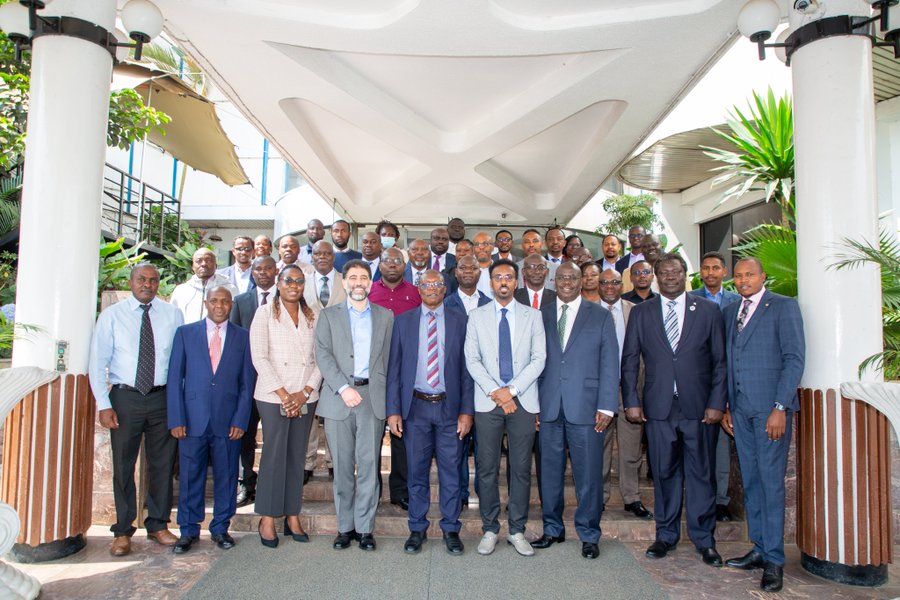Kenya and other East African Community (EAC) member states have endorsed a 10-year regional biotechnology strategy (2026–2036) during a validation workshop in Nairobi, aiming to harmonize policies, boost innovation, protect biodiversity, and ensure equitable access to biotechnology benefits across the region.
The strategy, developed by the East African Science and Technology Commission (EASTECO), envisions biotechnology as a key driver of socio-economic growth, food security, healthcare, environmental sustainability, and industrial development. It aligns with major global and continental frameworks, including the UN 2030 Agenda, the African Union’s Agenda 2063, and the EAC Vision 2050, while adopting international biosafety and biosecurity protocols such as the Cartagena and Nagoya agreements.
EASTECO Executive Secretary Dr. Sylvance Okoth, addressing delegates from Kenya, Uganda, Tanzania, Burundi, Rwanda, the USA, and others, urged experts to strengthen the strategy’s pillars and support partner states lagging in biotechnology adoption. The Commission, an EAC institution, is mandated to coordinate the development, management, and application of science and technology for regional integration and socio-economic progress.
Kenya’s National Biosafety Authority (NBA), the country’s competent biosafety authority and focal point for the Cartagena Protocol, played a central role in championing the strategy. NBA Acting Director for Biosafety Awareness, Assessment, and Collaborations, Mr. Josphat Muchiri, said the plan will accelerate the adoption of safety and implementation standards, noting Kenya has already formed a multi-agency committee to oversee the Cartagena Protocol’s implementation.
ALSO READ;
Understanding the Kenya’s education commissions and task forces since independence
Under the Biosafety Act Cap 320, the NBA regulates all genetically modified organisms (GMOs) in Kenya approved, illegal, or unintended, and promotes public awareness on biosafety. The country has established regulations on contained use, environmental release, import/export, and labeling of GMOs, and developed guidelines on risk assessment, genome editing, and GMO testing. Kenya has also approved trials for crops such as banana, cassava, yam, and sorghum, with Bt cotton cleared for commercial use, and has authorized seven genome-editing projects to enhance crop traits.
EAC partner states are at different stages of biotechnology regulation. Rwanda, Tanzania, Uganda, and Burundi have ratified key protocols, while South Sudan is in the process. Somalia and the Democratic Republic of Congo are also signatories to relevant conventions.
The regional plan also addresses ethical issues in human gene editing, gene drives, synthetic biology, and artificial intelligence, emphasizing public participation, informed consent, and equitable benefit-sharing. It calls for stronger biosecurity measures to prevent misuse, including bioterrorism, while safeguarding the environment and human health.
If fully implemented, the harmonized approach is expected to strengthen regional trade, innovation, and public trust in biotechnology, positioning East Africa as a leader in responsible and sustainable biotech development.
By Ouma Wanzala
You can also follow our social media pages on Twitter: Education News KE and Facebook: Education News Newspaper for timely updates.
>>> Click here to stay up-to-date with trending regional stories
>>> Click here to read more informed opinions on the country’s education landscape






